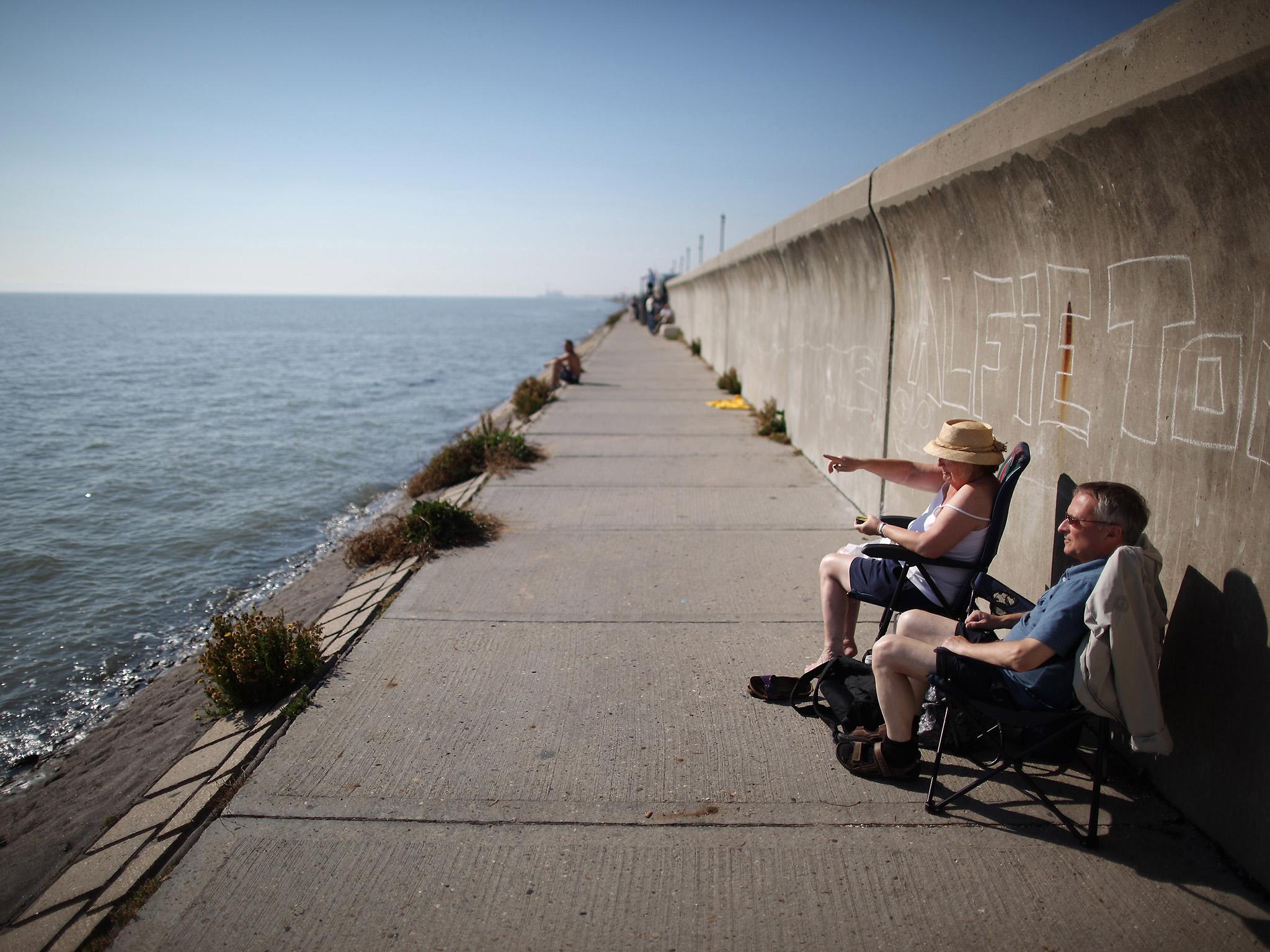Canvey Island pushes ahead with Catalonia-style bid for independence
'We need our own voice to determine our own future even if that means we have to break away'

Your support helps us to tell the story
From reproductive rights to climate change to Big Tech, The Independent is on the ground when the story is developing. Whether it's investigating the financials of Elon Musk's pro-Trump PAC or producing our latest documentary, 'The A Word', which shines a light on the American women fighting for reproductive rights, we know how important it is to parse out the facts from the messaging.
At such a critical moment in US history, we need reporters on the ground. Your donation allows us to keep sending journalists to speak to both sides of the story.
The Independent is trusted by Americans across the entire political spectrum. And unlike many other quality news outlets, we choose not to lock Americans out of our reporting and analysis with paywalls. We believe quality journalism should be available to everyone, paid for by those who can afford it.
Your support makes all the difference.Canvey Island is to push ahead with an audacious bid for independence, amid frustration that it does not have its own local council.
The civil parish is currently managed by the Conservative-controlled Castle Point Borough Council, but residents want more autonomy from the “mainland” because they are fed up with decisions being made by politicians who don’t live on the island.
The Canvey Island Independent Party (CIIP) which has 14 of the island’s 17 seats on the council, is now pushing ahead with plans for a breakaway.
Its elected representatives say they are using Catalonia’s bid for independence as an inspiration. The Spanish region is currently the subject of a major dispute after it voted to become a separate state.
While Catalonia has a population of around 9 million, Canvey Island is home to just 38,000 people and measures seven square miles in size.
The island is cut off from the rest of the UK by the River Thames on three sides and a system of creeks and waterways on the other. It is connected to the mainland by two roads and consisted mostly of farmland until the early 20th Century, when it emerged as a growing seaside resort.
CIIP Councillor Dave Blackwell said: “Canvey people don't want to be told what to do by the mainland and they don't want to be part of Castle Point.
“It is time for us to start a move for proper independence like the Catalonians want and we must begin with a petition. It is simply not fair that there are more councillors sitting on the council from the mainland than from Canvey.
“We need our own voice to determine our own future even if that means we have to break away.”
He added: "I think it will happen as more and more power is eventually handed to town councils but if they had a referendum here like they had in Catalonia about breaking from Spain, I am convinced that 100 per cent of people would vote to leave Castle Point.
"Islanders don't want to be told what to do by the mainland and don't want to be part of Castle Point. We are unhappy at the decisions made for us by people who don't live here."
In 1953, 58 people were killed on the island and 13,000 evacuated as a result of North Sea floods.
In recent months, CIIP councillors have tried to gain more influence by proposing Castle Point Borough Council switches from a cabinet system to a committee system, but their efforts were rebuffed.
Some Canvey Island residents say the current arrangement means they are treated as second-class citizens.
George Whatley, who led campaign to stop the expansion of oil and gas refineries on the island said: “Castle Point council was born from a shot-gun wedding years ago and has had a controlling Tory majority ever since, but Canvey has had mainly independent councillors.
“Castle Point council is run by the Conservatives and they have systematically treated Canvey as the Cinderella district for years. People here are fed up with what historically seems to be unfair planning decisions and a general lack of investment in the infrastructure of the island. Everything favours the mainland districts, which are Tory-controlled.
“Being independent is nothing new — we considered a unilateral declaration of independence in the oil refinery fight in the 1970s and 80s.”
Join our commenting forum
Join thought-provoking conversations, follow other Independent readers and see their replies
Comments